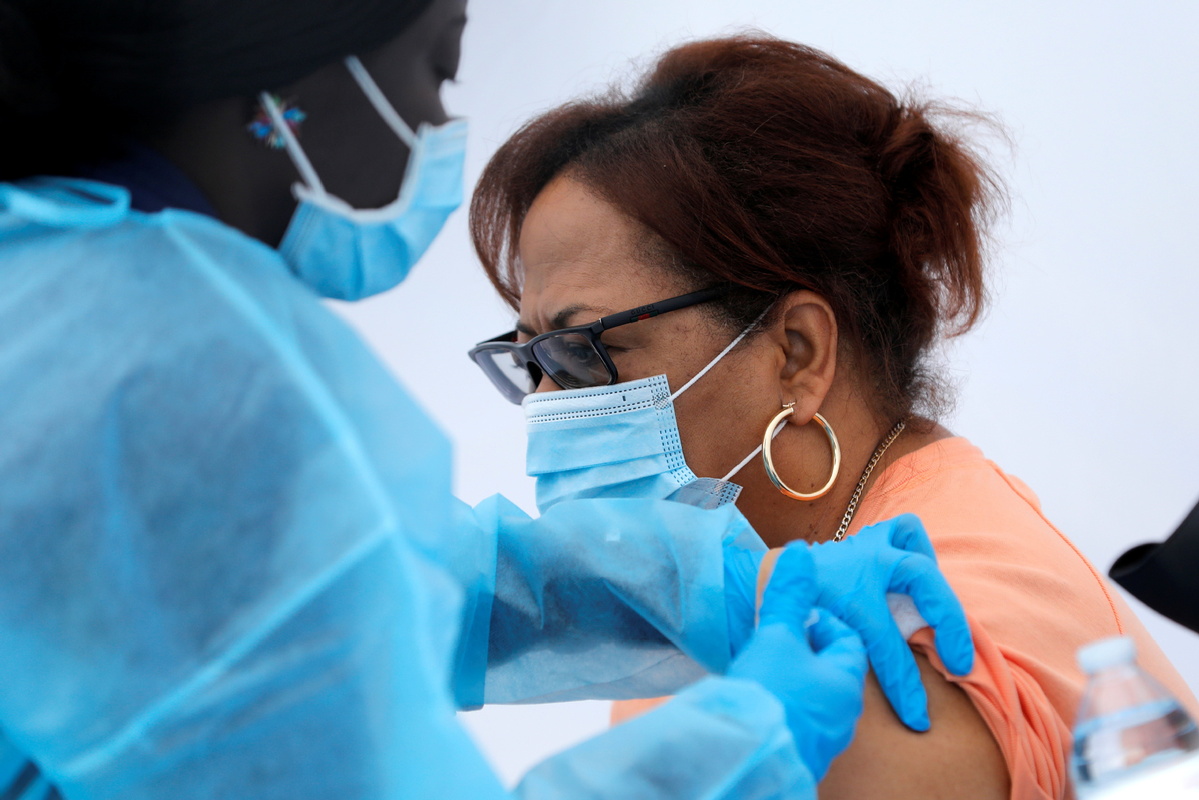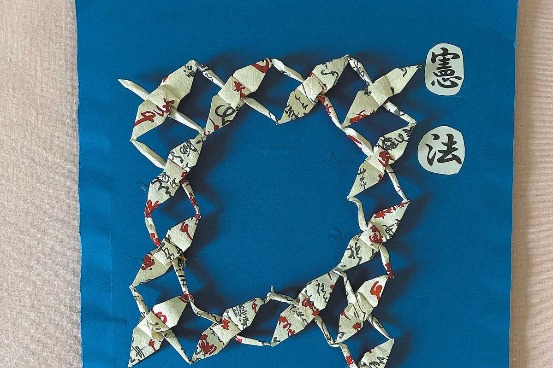Biden's July Fourth vaccine goal may be missed


The COVID-19 vaccination rate in the US has fallen to new lows in recent weeks, threatening President Joe Biden's goal of having 70 percent of American adults with at least one shot by July 4.
With just less than one month from July 4, the current vaccination rate will put the US at somewhere between 67 percent and 68 percent of the adult population with at least one dose by Independence Day. To reach 70 percent by July 4, around 1.6 percent of the population needs to get their first dose per week from now until July 4.
The Centers for Disease Control and Prevention (CDC) reported last week that 63 percent of adults had received their first dose of a COVID-19 vaccine. That was up slightly from 62 percent from the report a week prior. The additional 1 percent of adults completing their first dose is the lowest since the CDC started tracking the vaccination rate in mid-February.
On average, fewer than 1 million shots are given out per day, a decline of more than two-thirds from the peak of 3.4 million in April, The Washington Post reported, despite that anyone age 12 and older can now get one of the three approved vaccines in the US.
In South Carolina, about 71,000 residents got a shot in the week leading up to June 3, compared to a high of nearly 300,000 in one week in early April, according to data from the CDC.
The slowdown is more prominent across the South and Midwest. Twelve states, including Utah, Oklahoma, Montana, the Dakotas and West Virginia, have seen vaccinations fall to 15 daily shots per 10,000 residents; Alabama had just four people per 10,000 residents get vaccinated last week, according to data from the Post.
Tennessee and five other states are at 50 percent or below and vaccinating at current low rates, making those states unlikely to meet the president's threshold.
Less than a quarter of black Americans had received their first COVID-19 shot as of June 7 based on available federal data. That's less than other racial and ethnic groups tracked by the CDC.
"We still have some places where the past history of bias, discrimination and hate has just caused such an ingrained mistrust of political and social structures that it's hard to break through that," James Hildreth, CEO of Meharry Medical College and a member of the White House's COVID-19 Health Equity Task Force, told Politico. "We need to make a stronger effort to bring the vaccine to the communities, rather than relying on the communities to come to vaccination centers."
The steep decline in vaccination began in mid-April when federal officials temporarily suspended the Johnson & Johnson vaccine while they investigated rare blood-clotting reactions.
The "low-hanging fruit – those people who absolutely want to get vaccinated without you telling them anything" have already been vaccinated, which has led to the slowdown, Dr Anthony Fauci, director of the National Institute of Allergy and Infectious Diseases, said on a White House-organized call with community leaders last week, according to the Post.































